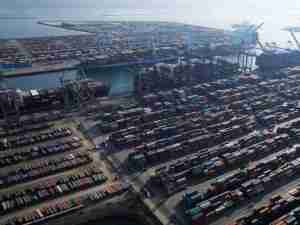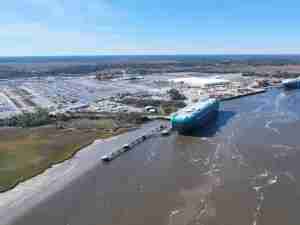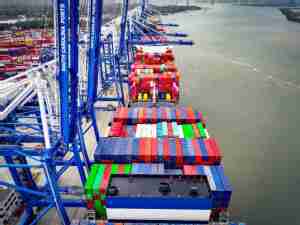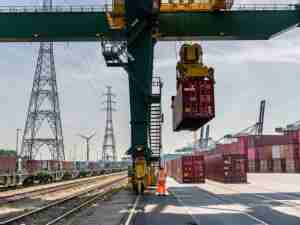Maersk keen to enter delayed Brazilian port auctions
By: Reuters | Mar 23 2014 at 02:47 PM | Ports & Terminals
Maersk Line wants to compete in auctions to run port terminals in northern Brazil, if they ever occur, an executive said.
Legal hurdles have kept private operators from bidding on new port concessions, a step considered essential to improving the efficiency of South America’s largest economy.
“There are projects in Suape, near Recife, and in Manaus but the concessions have been delayed,” said Peter Gyde, president of Maersk Line in Brazil. “We are interested in participating as a group, but we need the concessions to happen.”
He told Reuters the northern and northeastern regions have the most potential to grow in Brazil, but that they also have the worst infrastructure.
Ports are proving to be one of the most challenging pieces in Brazilian President Dilma Rousseff’s $100 billion plan to upgrade infrastructure with private capital. After some initial problems, auctions to operate roads and airports have gained momentum and were hotly contested last year.
Ports Minister Antonio Henrique Silveira told Reuters in February that auctions would start in the first half of 2014, despite objections from a federal audit court.
Gyde said the benefits of private investment were already seen at Brazil’s largest port, Santos, with the inauguration of private terminals BTP and Embraport. But he said access to the port needed to be improved.
Long lines of trucks hauling bulk grains routinely form on the highways outside of Santos despite new holding lots meant to smooth over the transfer process.
Grain trading firms in Brazil, the world’s top exporter of soybeans, also have their eyes on new shipping routes through the northeast that would cut freight costs from central Brazil to Santos in the southeast. (Reuters)










